Business
“Cyber Crime Act Empowers Those Libeled” + Why Journalist , Bloggers fall victim to scandals – Barrister Monday Ubani

Monday Ubani, a legal practitioner and Principal Partner of Ubani & Co., in a chat with Sahara Weekly, sheds light on the provisions of the new Cyber Crime Act, its scope, and why journalists and bloggers need to be more cautious in what they report about others
Q: In recent times there has been an increase in cases of harassment of journalists by government officials and influential individuals over the issues of blogging and cyber crime. What’s your take on this?
Ubani: The position of the law is defamation. You can sue someone who has defamed your character in civil suit and ask for damages to be paid. The law of defamation is about the reputation of an individual. If you succeed and have proven that the person has defamed your character, the person will be made liable to pay damages. You can also make it a criminal offence but many people haven’t been using criminal aspect in addressing defamation, not until recently when the new Cyber Crime Act was passed by the National Assembly and presented to ex-President Goodluck Jonathan. Even before then, libel was still a crime if proved that it tends to lower the character of the person involved. And there are special places where you can be convicted. If they do it ordinarily without making any demand on the victim, you can go in for either six months, or one month when there’s no money involved or the person chooses to do it in a criminal aspect. But if you make a demand, you have the plan of extorting from the person and that comes with a higher penalty under the criminal law. The new Cyber Crime Law has made it easier for any publication of the social media that tends to defame which involves extortion, to be punished under the Cyber Crime Act.
This has opened the eyes of many. It used to be called junk journalism then and most people didn’t seek redress for publications against them but now, the new Act has actually opened their eyes and empowered those offended. So when you write any rubbish and publish or re-publish it, you are going to be held. It is now very easy to hold bloggers who defame the characters of personalities. Instead of them pursuing the civil remedy, they use the criminal aspect. They arrest you, detain you, and punish you even when the matter goes the court. That shows you a lesson and that is why most bloggers are falling into criminal prosecution. People no longer pursue the civil remedy now that the criminal aspect carries more punishment on the offenders.
Can you educate us on what cyber-lock crime means?
There is a lot of crime committed using the internet and you know the social media is a new development. There has been an amendment in the constitution to accommodate this new development in science & technology in order to make sure it’s easier to present such cases in court because if it is not in our law book, no one can be held liable for such offence. So that’s why we have the cyber-lock crime to address crime that comes from the internet and social media. You have so many freedoms – freedom of information, freedom of movement, freedom to be defended, e.t.c. But you also have limitations too, knowing that your own rights stop where others’ begin, you will be careful in your own discharge of responsibility. It’s not victimisation
Business
Renewed Hope Ambassadors Inspect RHA Secretariat
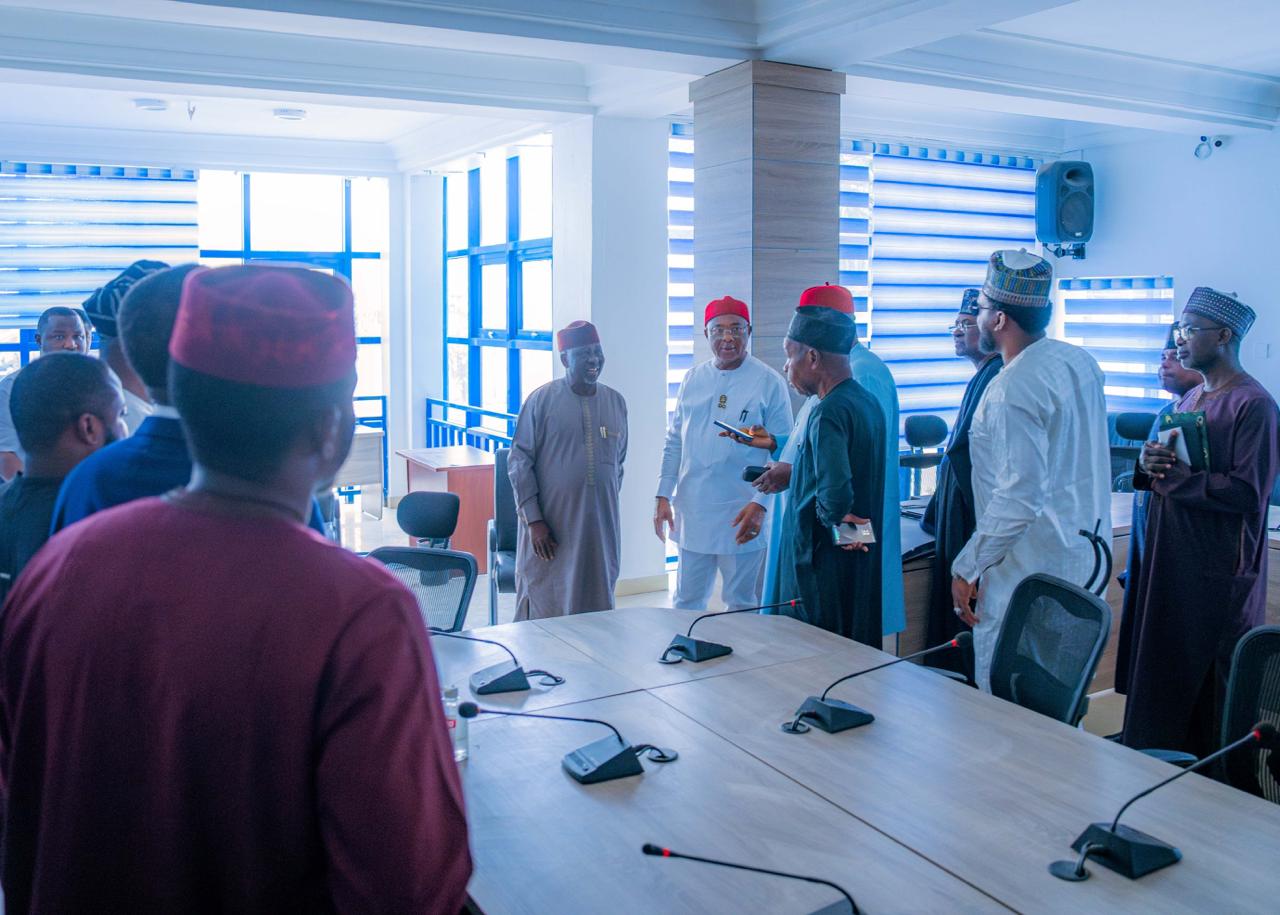
Renewed Hope Ambassadors Inspect RHA Secretariat
Renewed Hope Ambassadors, led by its Director-General and the Governor of Imo State, Hope Uzodinma, alongside Zonal Coordinators (NW, NC, SE), the Media & Publicity Directorate, and other key stakeholders, inspected the RHA Secretariat two days after President Bola Tinubu unveiled the Renewed Hope Ambassadors grassroots engagement drive in Abuja.
Business
Harmony Gardens’ Ibeju-Lekki Portfolio Crosses $1bn

Harmony Gardens’ Ibeju-Lekki Portfolio Crosses $1bn
Harmony Garden & Estate Development Limited has expanded its development activities across Ibeju-Lekki, pushing the projected long-term value of its estate portfolio beyond $1 billion.
Led by Chief Executive Officer Hon. Dr. Audullahi Saheed Mosadoluwa, popularly know Saheed Ibile, the company is developing seven estates within the Lekki–Ibeju corridor. Details available on Harmony Garden & Estate Development show a portfolio spanning land assets and ongoing residential construction across key growth locations.
A major component is Lekki Aviation Town, where urban living meets neighborhood charm, located near the proposed Lekki International Airport and valued internally at over $250 million. The development forms part of the company’s broader phased expansion strategy within the axis.
Other estates in the corridor tagged as the “Citadel of Joy” (Ogba-idunnu) include Granville Estate, Majestic Bay Estate, The Parliament Phase I & II, and Harmony Casa Phase I & II.
With multiple projects active, the rollout of the Ibile Traditional Mortgage System, and structured expansion underway, Harmony Garden & Estate Development Ltd continues to deepen its presence within the fast-growing Ibeju-Lekki real estate market.
Business
BUA Group Showcases Food Manufacturing Strength at 62nd Paris International Agricultural Show

BUA Group Showcases Food Manufacturing Strength at 62nd Paris International Agricultural Show
BUA Group, one of Africa’s leading diversified conglomerates, is maintaining a strong presence at the ongoing 62nd edition of the Paris International Agricultural Show in France, participating as a premium sponsor and supporting the Nigeria Pavilion at one of the world’s most respected agricultural gatherings.
The 62nd Paris International Agricultural Show, taking place from February 21 to March 1, 2026, at Porte de Versailles in Paris, convenes global leaders across farming, agro processing, technology, finance, and policy. The event serves as a strategic platform for industry engagement, knowledge exchange, and commercial partnerships shaping the future of global food systems.
BUA Group’s participation reflects its long term commitment to strengthening the entire food production value chain. Through sustained investments in large scale processing, value addition, and branded consumer products, the Group continues to reinforce its role in advancing food security, industrial growth, and regional trade integration.
Speaking on the Group’s participation, the Executive Chairman of BUA Group, Abdul Samad Rabiu CFR, said, “BUA’s presence at the Paris International Agricultural Show reflects our belief that Africa must be an active participant in shaping the future of global food systems. We have invested significantly in local production capacity because we understand that food security, industrial growth, and economic resilience are interconnected. Platforms like this allow us to build partnerships that strengthen Nigeria’s competitiveness and expand our reach beyond our borders.”
BUA Foods, a subsidiary of BUA Group, maintains a strong footprint in flour, pasta, spaghetti, sugar, and rice production, serving millions of consumers within Nigeria and across neighbouring African markets. The Managing Director of BUA Foods, Engr. Abioye Ayodele, representing the Executive Chairman, is attending the event at the Nigeria Pavilion, engaging industry stakeholders and showcasing the company’s manufacturing capabilities.
Also speaking at the show, Engr. Ayodele stated, “BUA Foods has built scale across key staple categories that are central to household consumption. Our participation at this Show allows us to demonstrate the quality, consistency, and operational strength behind our products. We are also engaging global stakeholders with a clear message that Nigerian manufacturing can meet international standards while serving both domestic and regional markets efficiently.”
The Show provides BUA Group with an opportunity to deepen trade relationships, explore new export pathways, and reinforce Nigeria’s growing relevance within the global agricultural and food ecosystem.
BUA Group remains focused on building enduring institutions, expanding productive capacity, and positioning African enterprise competitively within global markets.
-

 celebrity radar - gossips6 months ago
celebrity radar - gossips6 months agoWhy Babangida’s Hilltop Home Became Nigeria’s Political “Mecca”
-

 society5 months ago
society5 months agoReligion: Africa’s Oldest Weapon of Enslavement and the Forgotten Truth
-

 society6 months ago
society6 months agoPower is a Loan, Not a Possession: The Sacred Duty of Planting People
-

 news7 months ago
news7 months agoTHE APPOINTMENT OF WASIU AYINDE BY THE FEDERAL GOVERNMENT AS AN AMBASSADOR SOUNDS EMBARRASSING









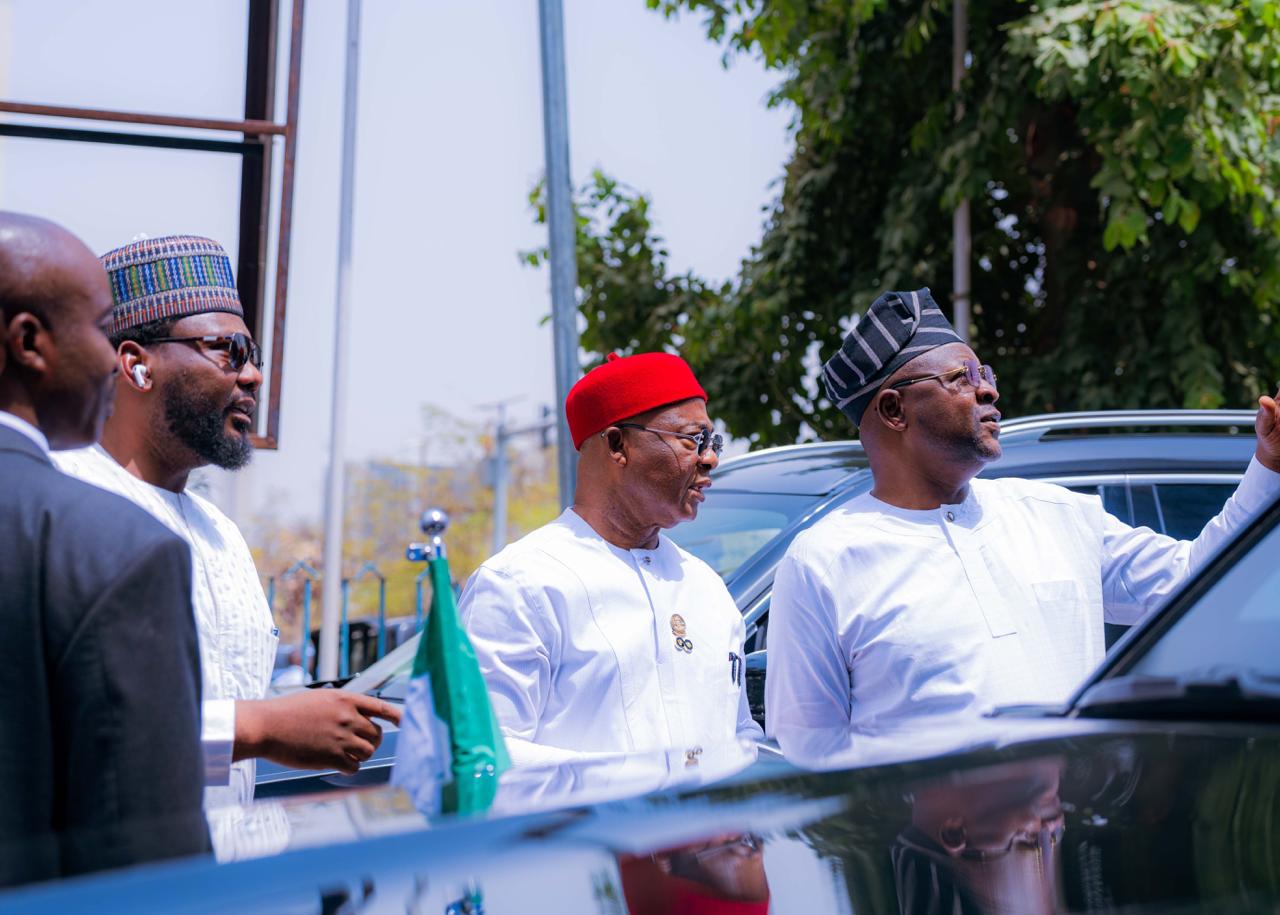
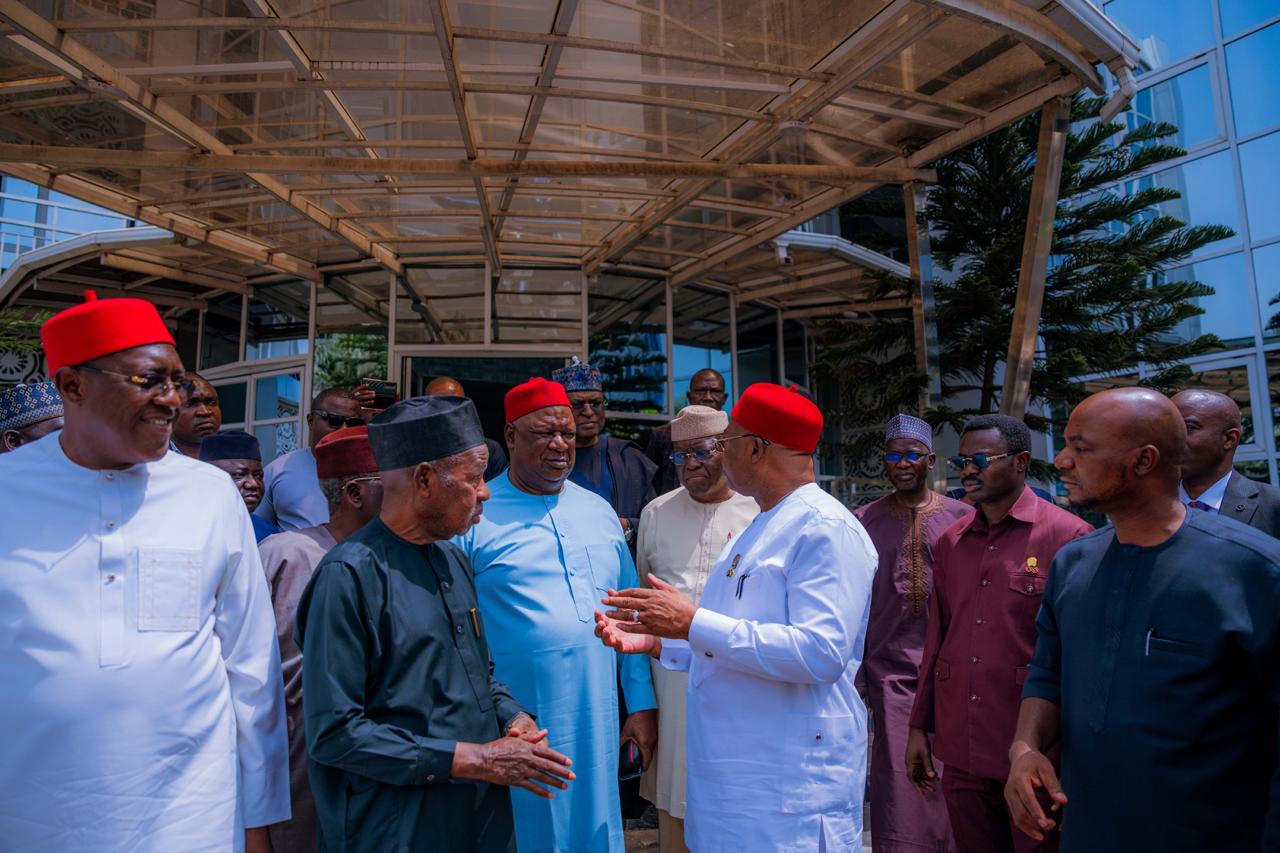
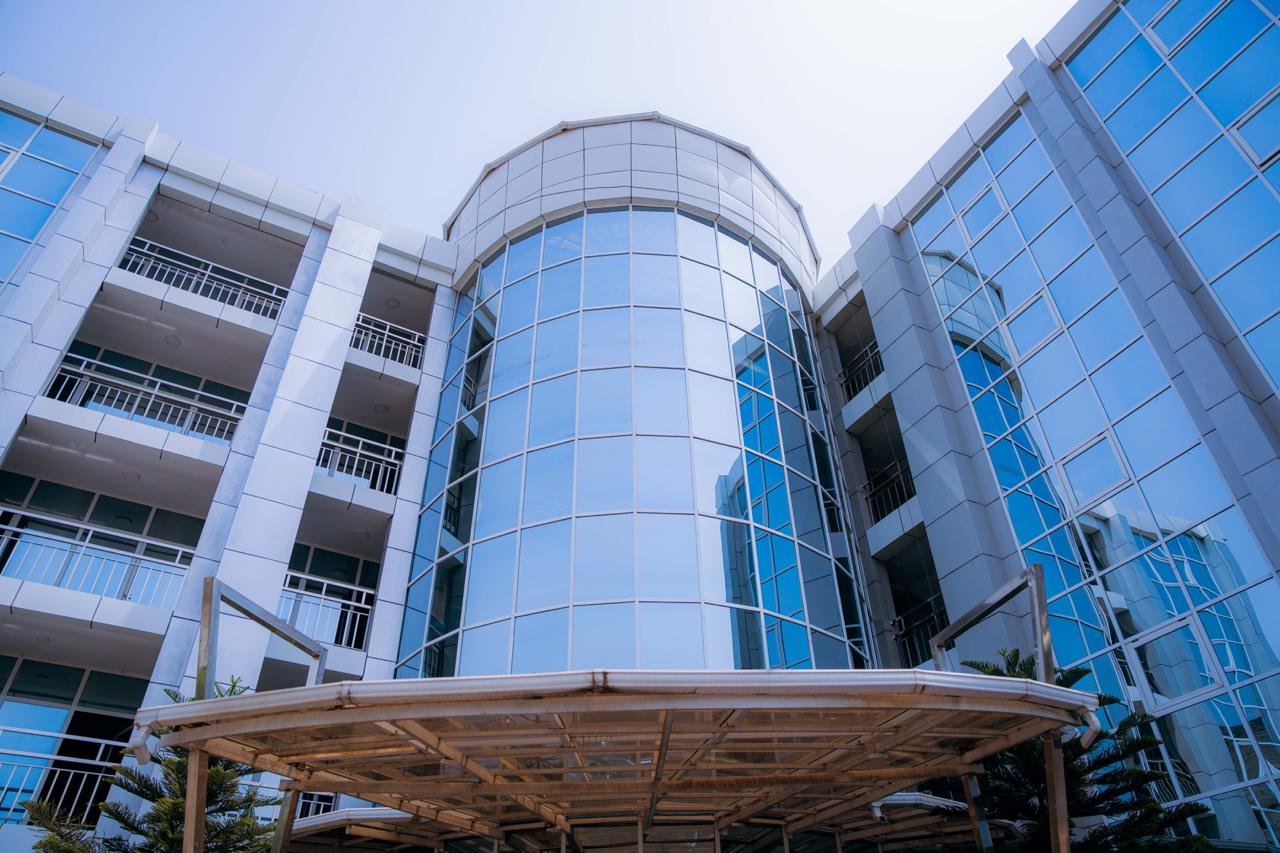
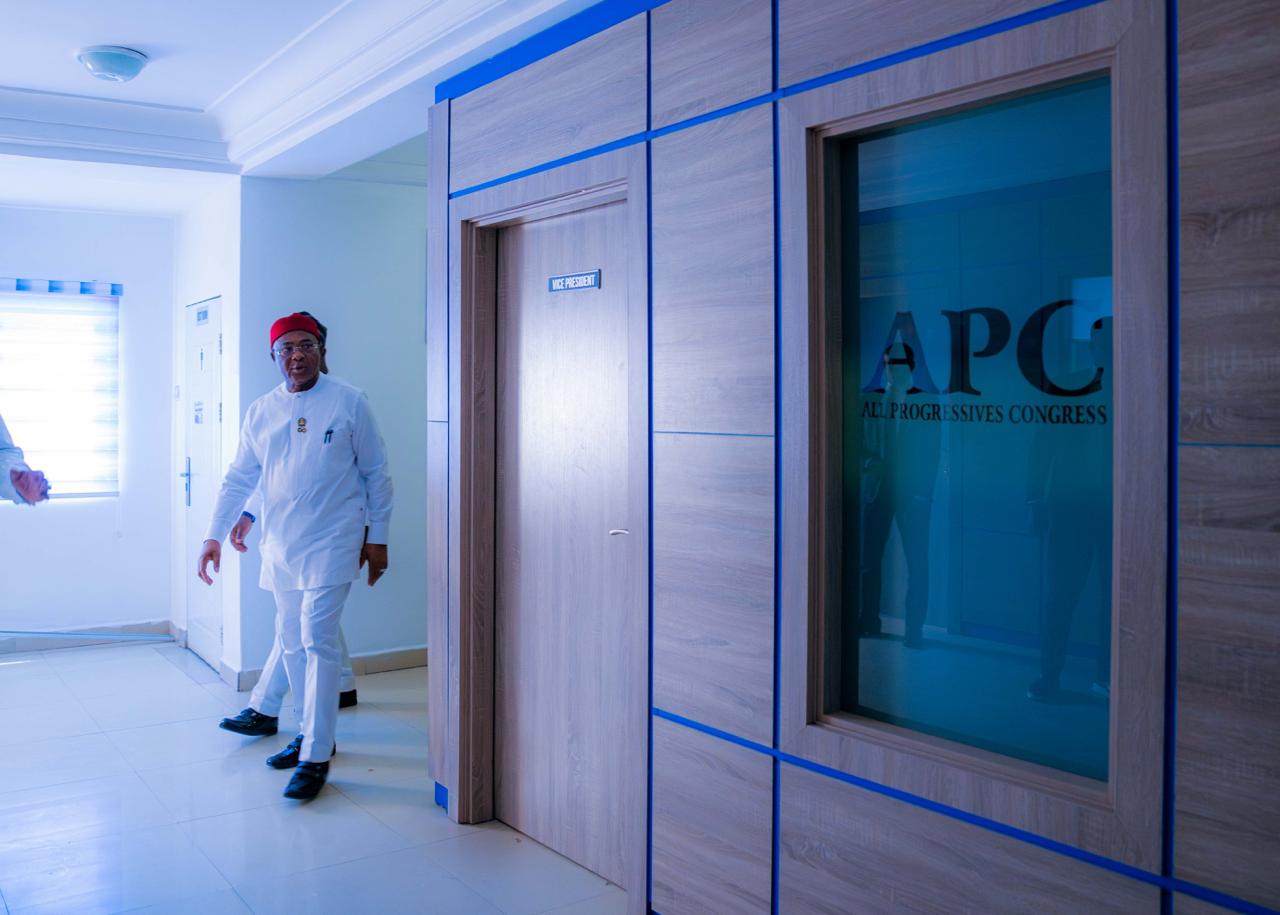
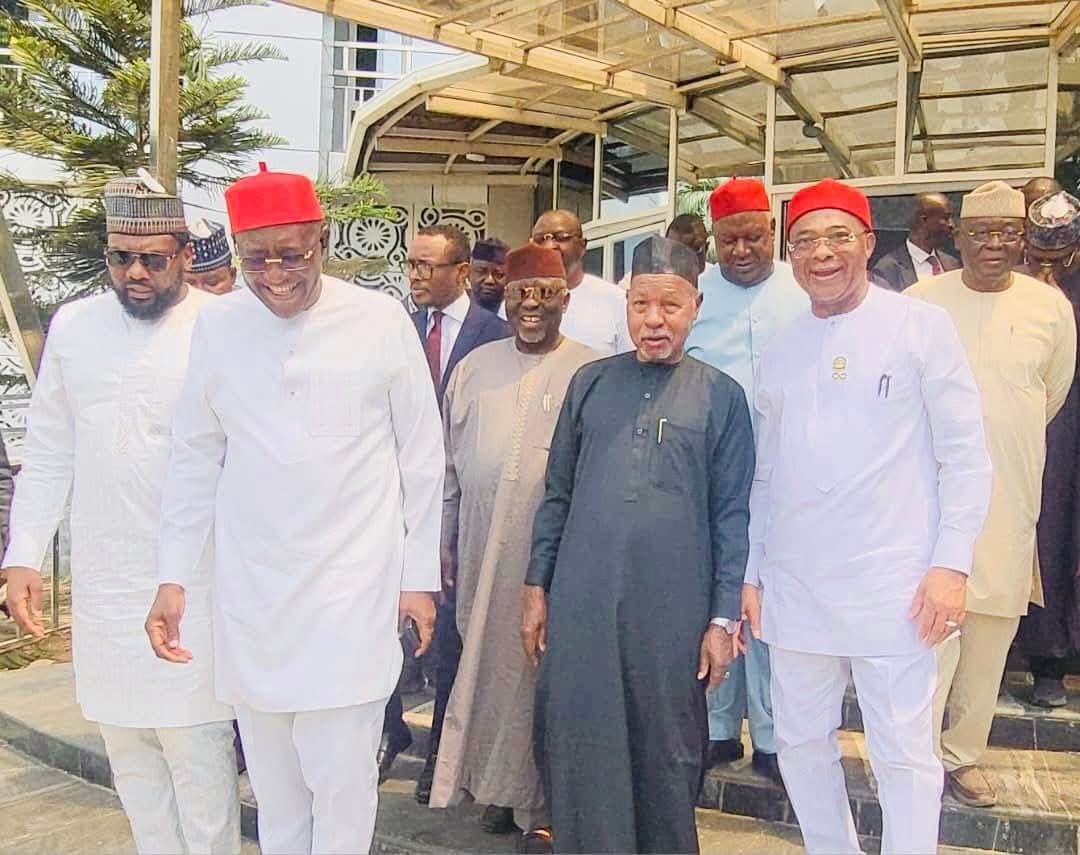
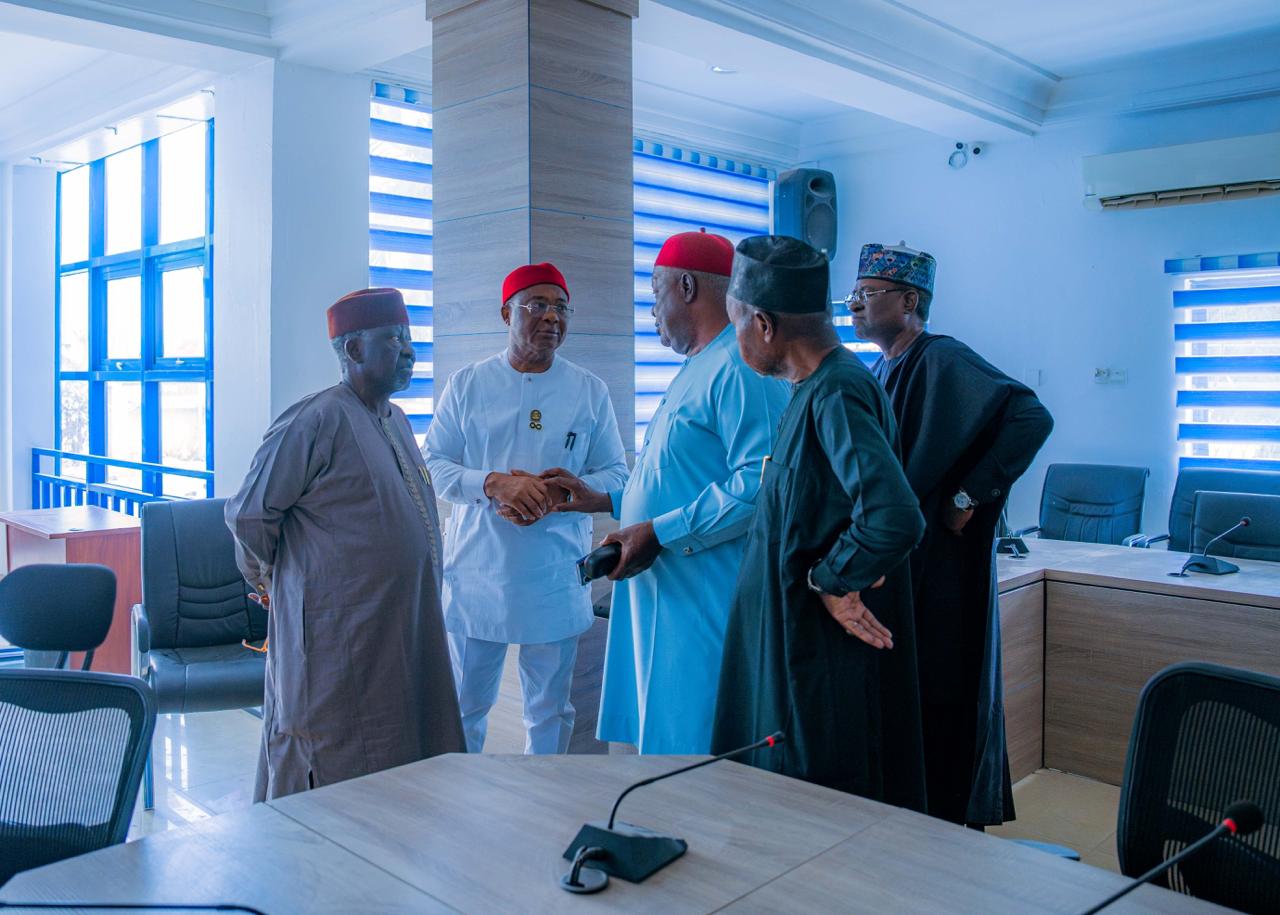
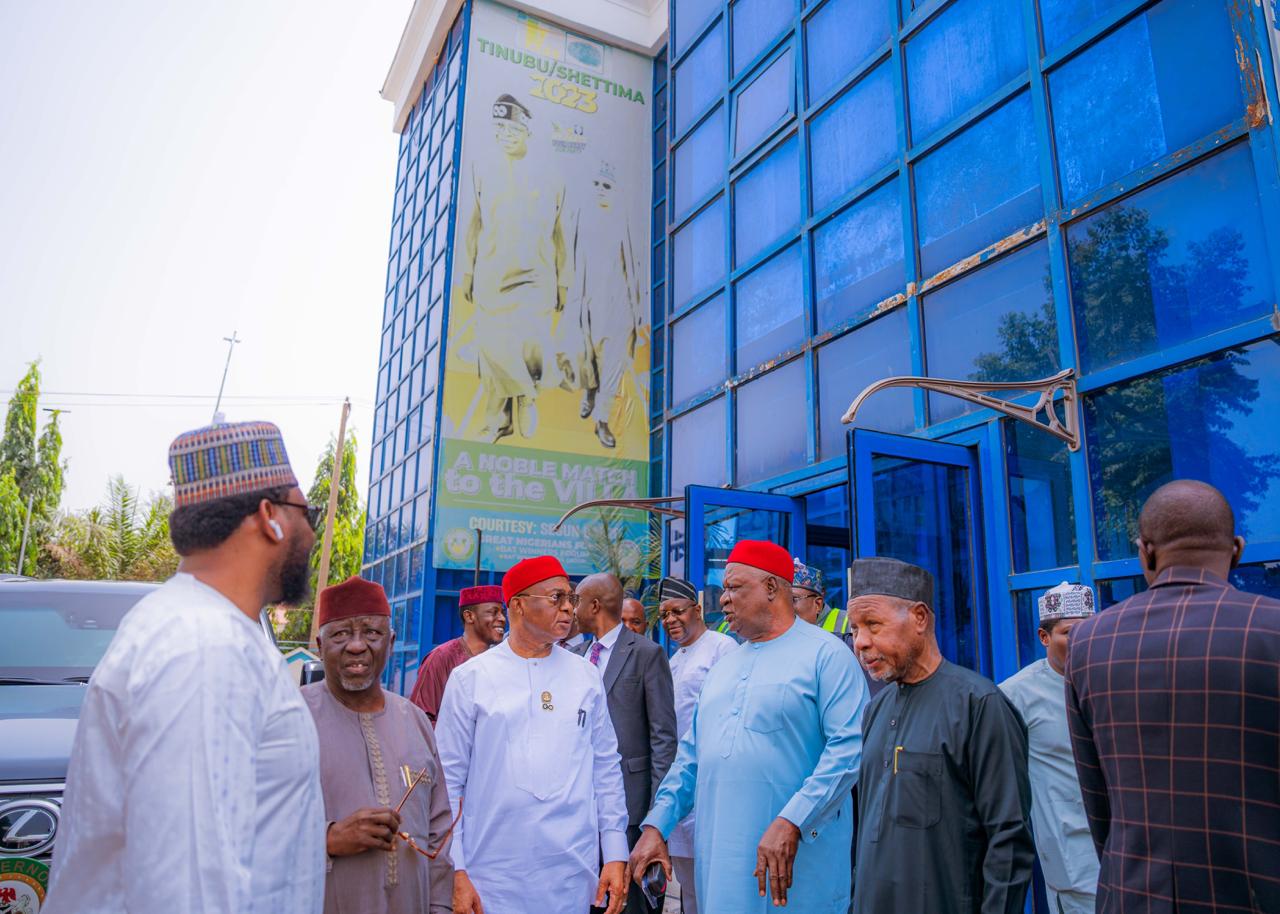

You must be logged in to post a comment Login